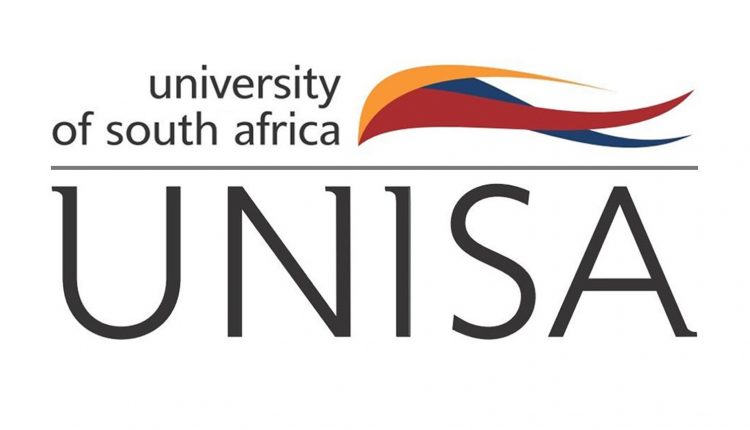Education MEC Addresses Unisa Autism Seminar, Advocating for Inclusive Education
Presented by Unisa’s Department of Inclusive Education and Centre for Excellence on Disabilities, a seminar held on 23 April promoted autism awareness and acceptance. The seminar covered a range of topics, presented by government officials, higher education staff, parents of learners with autism and self-advocates on the autism spectrum.
With course modules such as Inclusion Strategies for Autism Spectrum Disorder and Understanding Autism Spectrum Disorder, Unisa takes very seriously its role in researching and formulating approaches to and philosophies of educating autistic learners. It moreover has a proud history of providing outstanding support to learners living with disabilities through its Advocacy and Resource Centre for Students with Disabilities (ARCSWiD), which creates an enabling teaching and learning environment that ensures the full participation and equalisation of opportunities for Unisa students with disabilities.
Setting the tone in her welcome address, Prof Mpine Makoe, Executive Dean of Unisa’s College of Education (CEDU), thanked the organisers for bringing together experts and interested parties to engage on the very important topic of awareness and acceptance of autism. She welcomed the wide array of attendees, including academics, government representatives, NGOs and students. She said that the conference was being beamed across the world, making it possible for the global community to engage and participate.
In pursuit of acceptance
The Honourable Matome Chiloane, Gauteng MEC for Education, officially opened the seminar on behalf of The Honourable Panyaza Lesufi, Gauteng Premier, who was unable to attend due to urgent provincial government business. The MEC said that the Gauteng Provincial Government wants society to celebrate people on the autism spectrum and recognise their unique challenges. “To this end,” he continued, “we have celebrated World Autism Awareness Day over the past two years.
Chiloane proceeded to outline the extensive measures and programmes that the province has in place to support learners on the autism spectrum, and also their parents and teachers. “In this regard,” he continued, “we will continue building capacity, including for all staff at the relevant schools. Our goal is to foster an inclusive learning environment and inculcate a culture of understanding and acceptance. Moreover, we recognise the importance of providing vocational training and employment opportunities.”
The MEC said that through partnerships with businesses and organisations, the Gauteng Provincial Government seeks to build workplace diversity and create pathways to meaningful employment.
“By working together to overcome barriers,” he said in conclusion, “we can create a more inclusive and supportive society. Let us join hands to create a future of diversity and celebrate the breaking of barriers.”
The main section of the symposium was devoted to two keynote addresses. Prof Maximus Sefotho, of the Department of Educational Psychology at the University of Johannesburg, spoke on the topic of “Autism awareness and support in higher education”, and Unisa’s Prof Mary Clasquin-Johnson discussed “Research on autism”.
The second part of the symposium focused especially on the crucial role of parents and social society in supporting autism awareness and acceptance, with addresses by experts, stakeholders and autism self-advocates. The day ended with a lively question-and-answer session, and vigorous discussion by attendees.
What is autism spectrum disorder (ASD)?
Autism, or autism spectrum disorder (ASD), refers to a broad range of conditions characterised by challenges with social skills, repetitive behaviours, speech and nonverbal communication.
Autism looks different for everyone, and each person with autism has a distinct set of strengths and challenges. Some autistic people can speak, while others are nonverbal or minimally verbal and communicate in other ways. Some have intellectual disabilities, while some do not. Some require significant support in their daily lives, while others need less support and, in some cases, live entirely independently.

